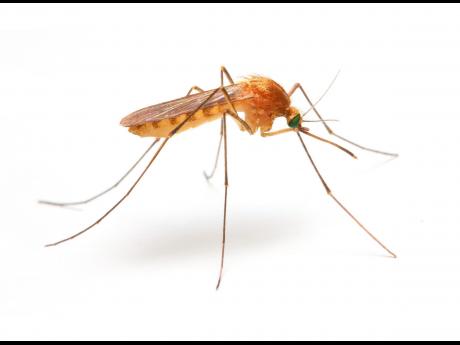Malaria fears allayed
The health ministry has said that three cases of malaria have been confirmed among the 93 men intercepted in Jamaican waters last month on board a vessel from Nicaragua.
But up to yesterday, the ministry said that the Public Health Department had found no breeding site for the Anopheles mosquito - the vector that transmits malaria - at any of the locations members of the crew had accessed.
Further, the ministry said that vector-control activities had been conducted on the vessel and would continue to be carried out.
"The Ministry of Health, through the Kingston and St Andrew Health Department, will continue to monitor the situation and take the necessary action to protect the public," it said in a statement yesterday.
The vessel with the 93 men was intercepted by the Jamaica Defence Force Coast Guard on October 30.
The men were transferred to the coast guard headquarters, and the health ministry was notified through the Port Health Team.
According to the ministry, the Kingston and St Andrew Health Department initiated the standard operating procedures for clinical and public-health assessments and interventions.
"After initial assessment, two persons were diagnosed with malaria. A third was diagnosed in a subsequent assessment. These three persons were isolated and treated at the Kingston Public Hospital," the statement said.
Jamaica was returned to the Malaria Free List in 2012 after an outbreak in 2006.
The health ministry said that the last local case of malaria in Jamaica occurred in 2009 and that since that time, the island has continued to see cases of imported malaria each year.
It said that Jamaica managed to maintain its malaria-free status through surveillance, early detection, and rapid isolation and treatment of all cases and appealed to all Jamaicans to be vigilant.
"We encourage the public to play their part in keeping Jamaica malaria-free by reporting to public health officials any unofficial entry of foreigners. The members of the public should ensure that they protect themselves before visiting countries that have ongoing malaria transmission," the statement said.

